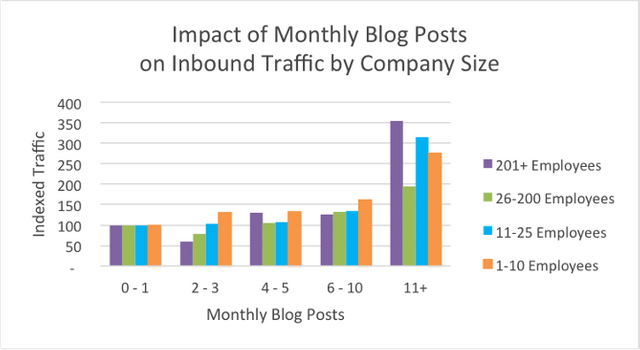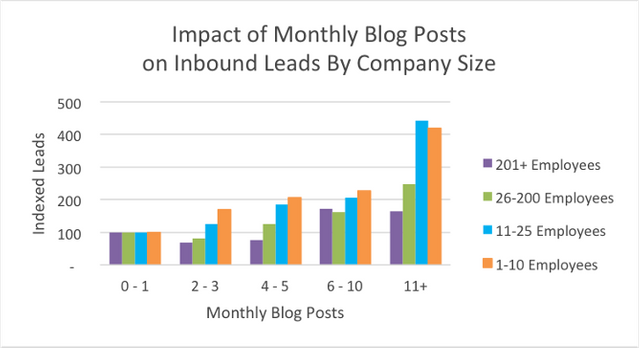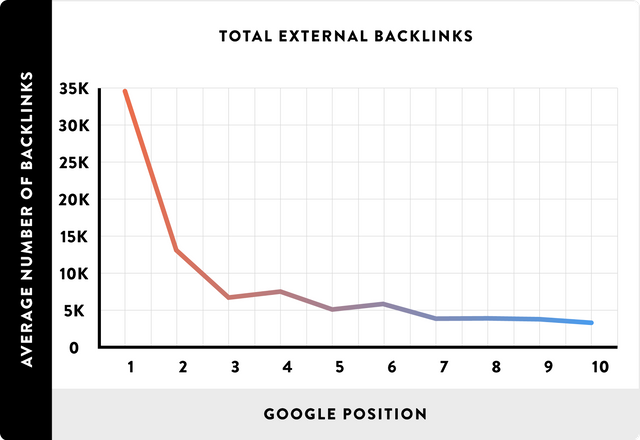Why Ranking #1 on Google Is Bad for Your ROI
Ranking first on Google has become a lifelong pursuit for many marketers. It’s become the gold standard of search engine optimization (seo). It’s the marketing dream. If only you could show your buddies or boss that you’re ranking first, you’d feel like a success.
You want to rank #1 for your most desired, high-volume keyword.
You want to capture thousands upon thousands of visitors from a single search every month.
Ranking first for a new term that’s popular in your industry could take your business to new heights.
But it could also destroy your return on investment in the process.
Getting the first spot on a given Google SERP isn’t an overnight event.
In fact, it takes copious hours, weeks, months, and often years of time and money to get.
That’s especially true when you’re competing for highly desired keywords with sites that have been around for decades.
With growing competition and more blog posts than ever, it’s nearly impossible.
Most people end up chasing this pipe dream, driving their business into the ground in the process.
Getting top-ranking spots on Google is great, but it’s often not worth the cost.
Here’s why ranking #1 on Google is bad for your ROI and what you should be focusing on instead

Impossible-to-reach ranking factors
To understand why ranking #1 on Google is bad for your ROI, you first need to understand what it takes to rank #1.
In 2016, Google released a Q&A video featuring a search quality senior strategist who shared with us a major revelation for SEO:
Links and content are the two most important ranking factors when it comes to getting a #1 position on Google.
Why? It’s because you need amazing content that users want to read and you need links that show how authoritative your site is.
Multiple studies that we’ve seen in recent years have backed up this tip from Google.
For example, HubSpot’s blogging benchmark data found that the more you blog, the more traffic you get!

Why? More blog posts give you more chances to rank higher on Google.
They give you more indexed pages and more ways to acquire new users.
But that’s not often doable for most companies. Writing dozens of blog posts a month isn’t an option when you’ve got clients breathing down your neck.
When it comes to links, you need hundreds of referring domains linking to your post. That means that you have to get hundreds of unique websites to give you links.
On top of that, you need links from high-quality sites with high domain authority.
Those are industry-level sites like GOOGLE, facebook and steemit.
But that’s not all. The top-ranking sites have unbelievable amounts of total external backlinks:

To sum it up, you need all of this to rank #1:
- Thousands of total external backlinks,
- All from high-quality websites with high domain authority,
- From hundreds of diverse sites.
This is the hard truth, If you need help developing traffic from blogs I offer services as a iot specialist
